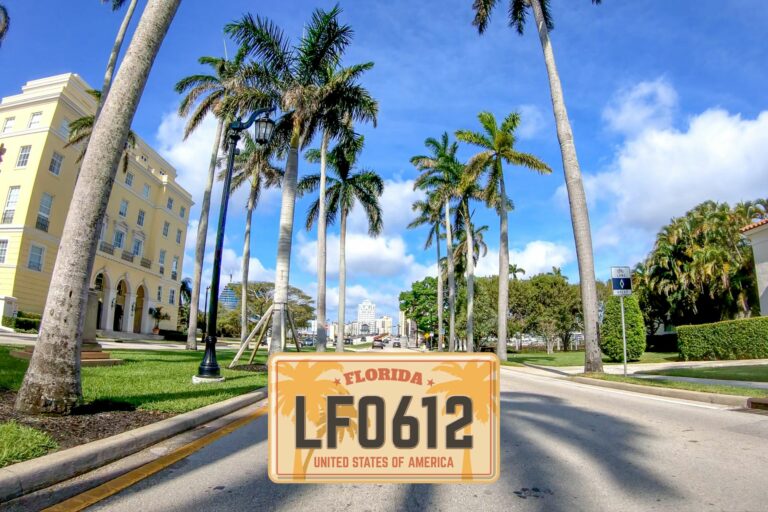The Biden administration officially launched the application for federal student loan forgiveness October 17th 2022 - and scammers are already "on the move" to capture borrowers’ money and personal information, the Federal Trade Commission warned.
The official government website is: https://studentaid.gov
Eight million people have applied to date, The White House has received some 10,000 letters from borrowers praising one of his signature economic policies.
Biden's plan is to cancel as much as $10,000 in federal student loan debt for people earning less than $125,000 a year, or less than $250,000 for married couples. Those who received Pell Grants, federal aid for lower-income students, could see up to $20,000 forgiven.
The application asks only for your name (or former name, if that’s what is on your loan records), Social Security number, date of birth, phone number and email address. Instead of requesting copies of tax returns or other financial records, the form simply asks you to attest, under penalty of perjury, that you met the program’s income limits.
Specifically, you have to attest that at least one of the following things was true in 2020 or 2021:
- • You made less than the income required to file federal taxes.
- • You were a single tax filer, or you filed a return separately from your spouse, and you made less than $125,000.
- • You were a married person filing a joint return, a head of household or a qualifying widow or widower, and you made less than $250,000.
The form states that the department may ask you to submit proof of your income, which you’ll have to do by March 31, 2024.
For those who can't apply online, a paper version of the form will be made available soon. You'll have until the end of 2023 to apply.
Are defaulted loans eligible for debt relief?
Yes, defaulted loans are eligible for debt relief. If you have a remaining balance on your defaulted loan(s) after relief is applied.
Beware of Scams!
You might be contacted by a company saying they will help you get loan discharge, forgiveness, cancellation, or debt relief for a fee. You never have to pay for help with your federal student aid. Make sure you work only with ED and our loan servicers, and never reveal your personal information or account password to anyone.
Emails to borrowers come from noreply@studentaid.gov, noreply@debtrelief.studentaid.gov, or ed.gov@public.govdelivery.com. You can report scam attempts to the Federal Trade Commission by calling 1-877-382-4357 or by visiting reportfraud.ftc.gov.





